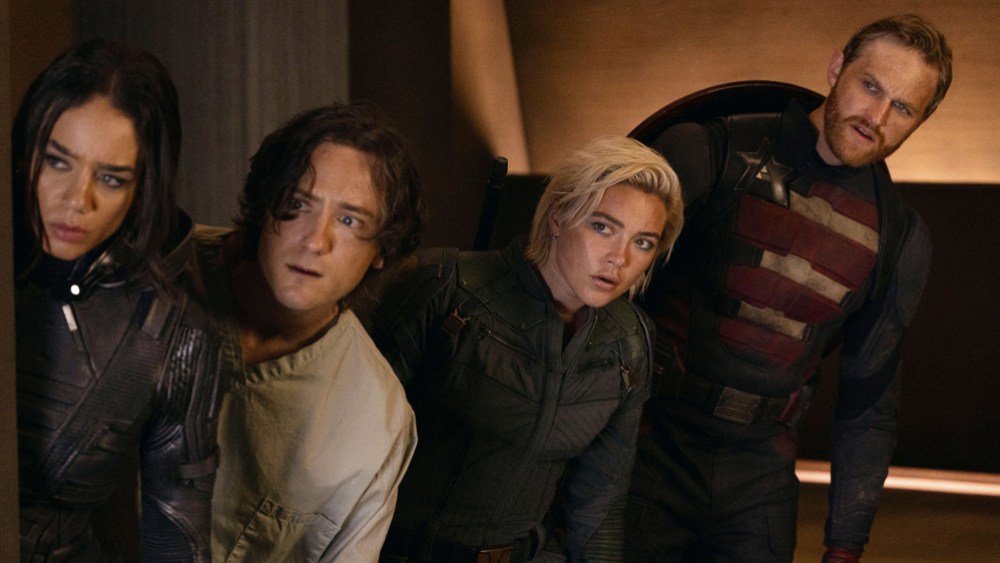The Soundtrack of Antiheroes: Crafting the Score for ‘Thunderbolts’
Warning: This article contains significant spoilers for the film.
Introducing a New Kind of Superhero Film
Upon being appointed as director for the 36th installment of the Marvel Cinematic Universe, Jake Schreier recognized the need for “Thunderbolts” to stand out as an unconventional superhero narrative. This film brings to life a team of antiheroes, offering a fresh take on the genre.
A Unique Musical Collaboration
To enhance the film’s adventurous spirit, Schreier enlisted the experimental music group Son Lux—comprising Ryan Lott, Ian Chang, and Rafiq Bhatia—to create the score. The decision was made early in production, even before filming commenced.
According to Lott, “We were invited onto the project because we would inherently bring a sort of outsider energy,” which foreshadows their innovative approach to the soundtrack.
About the Thunderbolts
“Thunderbolts” centers around a diverse crew of antiheroes, including:
- Yelena Belova (Florence Pugh), a Black Widow agent
- Bucky Barnes, also known as the Winter Soldier (Sebastian Stan)
- Red Guardian (David Harbour), Yelena’s adoptive father
- John Walker (Wyatt Russell), a disgraced Captain America imitator
- Ghost (Hannah John-Kamen), an invisible spy
- Taskmaster (Olga Kurylenko), a combat expert
Faced with challenges enmeshed in their pasts, these characters embark on a mission set against the backdrop of their troubled histories and personal traumas.
Thematic Elements in Music
Throughout the creative process, Schreier engaged with Son Lux weekly, generating ideas primarily based on the script. A pivotal moment in the score is the Thunderbolts theme, which features an eight-note motif that evolves throughout the film.
Lott explains, “It has multiple components: a distinct bassline, a peppery counter melody, and a primary melody.” This combination resonated with Schreier even before the complete thematic structure was unveiled.
Emotional Resonance
The first instance of the Thunderbolts theme occurs both subtly and emotionally when Yelena reflects on her childhood photo of her soccer team, underscoring her feelings of longing, disappointment, and regret.
The theme recurs in a deconstructed manner, paralleling the film’s portrayal of characters with individual journeys yet collective experiences. Bhatia notes, “It is designed to make the viewer feel familiar and feel like home.”
The Challenge of Individual Themes
During development, the team considered whether each character should have a unique musical identity. The conclusion was made that focusing on individual themes would detract from the overall synergy of the group. Lott explained, “It was about the collective energy and the collective experience of this team coming together slowly.”
However, the film’s new antagonist, Sentry, receives a distinct theme that encapsulates both his terrifying prowess and deep emotional struggles, punctuated by a powerful yet intimate piano piece.

